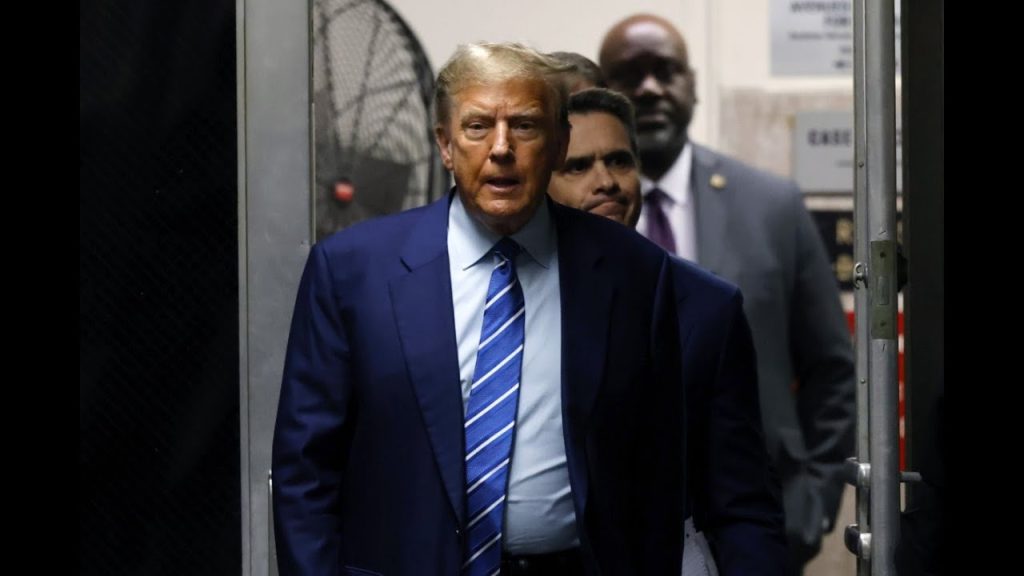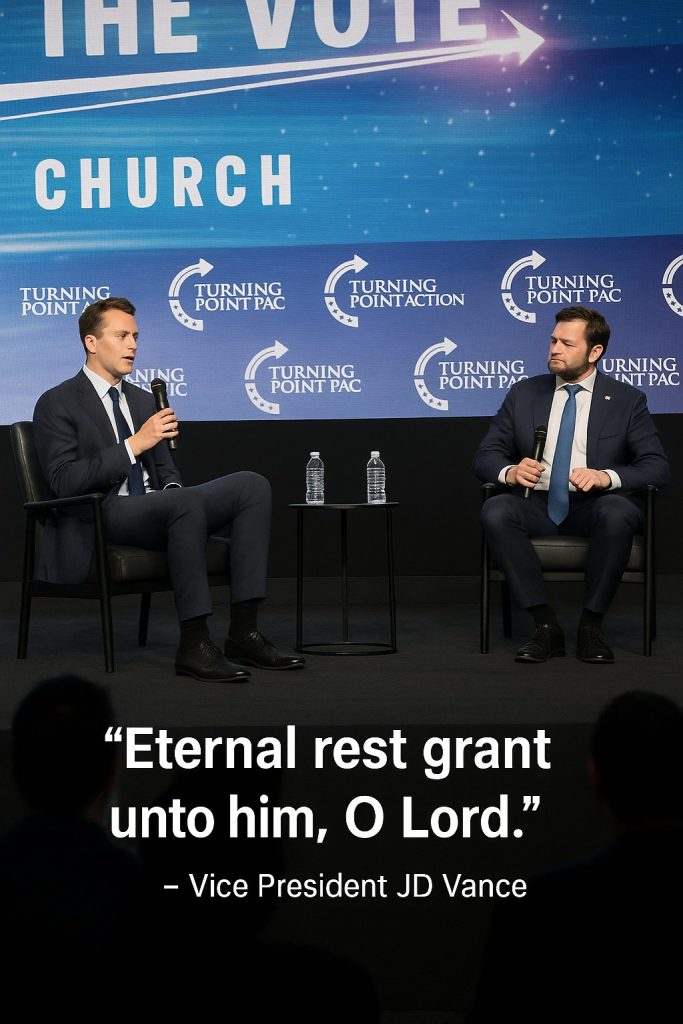In a startling revelation, recent discussions have surfaced regarding alleged interference by former President Donald Trump’s Department of Justice (DOJ) in the high-profile Jeffrey Epstein case. Legal experts and commentators are raising eyebrows, suggesting that the current administration’s actions could be viewed as an effort to suppress clarity and accountability in a matter riddled with controversy and public interest.
During a recent segment on a prominent legal breakdown program, experts highlighted significant developments surrounding the Epstein case, particularly concerning unredacted court documents. In 2019, when Epstein was arrested on charges of sex trafficking, the case drew massive media attention, especially as it involved a multitude of prominent figures. Upon his arrest, the legal team submitted documentation detailing potential witnesses; however, the names of these individuals were heavily redacted, which sparked speculation about whom the DOJ was trying to protect.
According to legal analysts, this method of redacting names is not uncommon. Typically, the identities of witnesses are withheld to safeguard their safety until they testify. However, these redacted documents revealed that the individuals in question had received substantial sums from Epstein shortly after the Miami Herald began publishing investigative reports about his criminal activities. The allegations point to potential payouts of $100,000 and $250,000 to these key witnesses, raising questions about the integrity of the legal proceedings and the actions taken by those in power.
This perceived interference in the Epstein case brings to light longstanding criticisms of the DOJ, especially during Trump’s presidency. Many commentators argue that the department’s handling of cases linked to high-profile individuals has been marred by “sweetheart deals” and a lack of transparency, particularly in Epstein’s case. The 2008 plea deal Epstein secured is often cited as a prime example, prompting harsh critiques that the justice system favored elites while failing to protect vulnerable victims.
The discussion further highlights the challenge of ensuring accountability in cases that garner extensive media scrutiny and public outrage. Trump’s connections and the implications of a DOJ acting on his behalf have reignited calls for deeper investigations into how political affiliations may influence judicial actions. Some legal experts fear that, instead of seeking justice for Epstein’s victims, the ongoing meddling could further obstruct the pursuit of truth and accountability.
The consequences of potential interference in such a notorious case could be profound, affecting not only the legal outcomes for Epstein’s associates but also the broader trust in the judicial system. Citizens often turn to these investigations to understand how systemic flaws allow powerful individuals to evade serious repercussions for their actions.
As advocates for victims of abuse and their supporters raise their voices against perceived injustices, the Epstein case remains emblematic of issues like accountability, transparency, and the need for reform in how sexual crimes are prosecuted, especially when they involve figures of significant influence. The legal breakdown program serves as a reminder of the critical role that informed dialogue plays in addressing these profound injustices.
The public’s vigilance will remain crucial as more details about the connections between justice and political influence continue to emerge, creating a landscape where individuals are rightly questioning the integrity of institutions meant to serve them.



